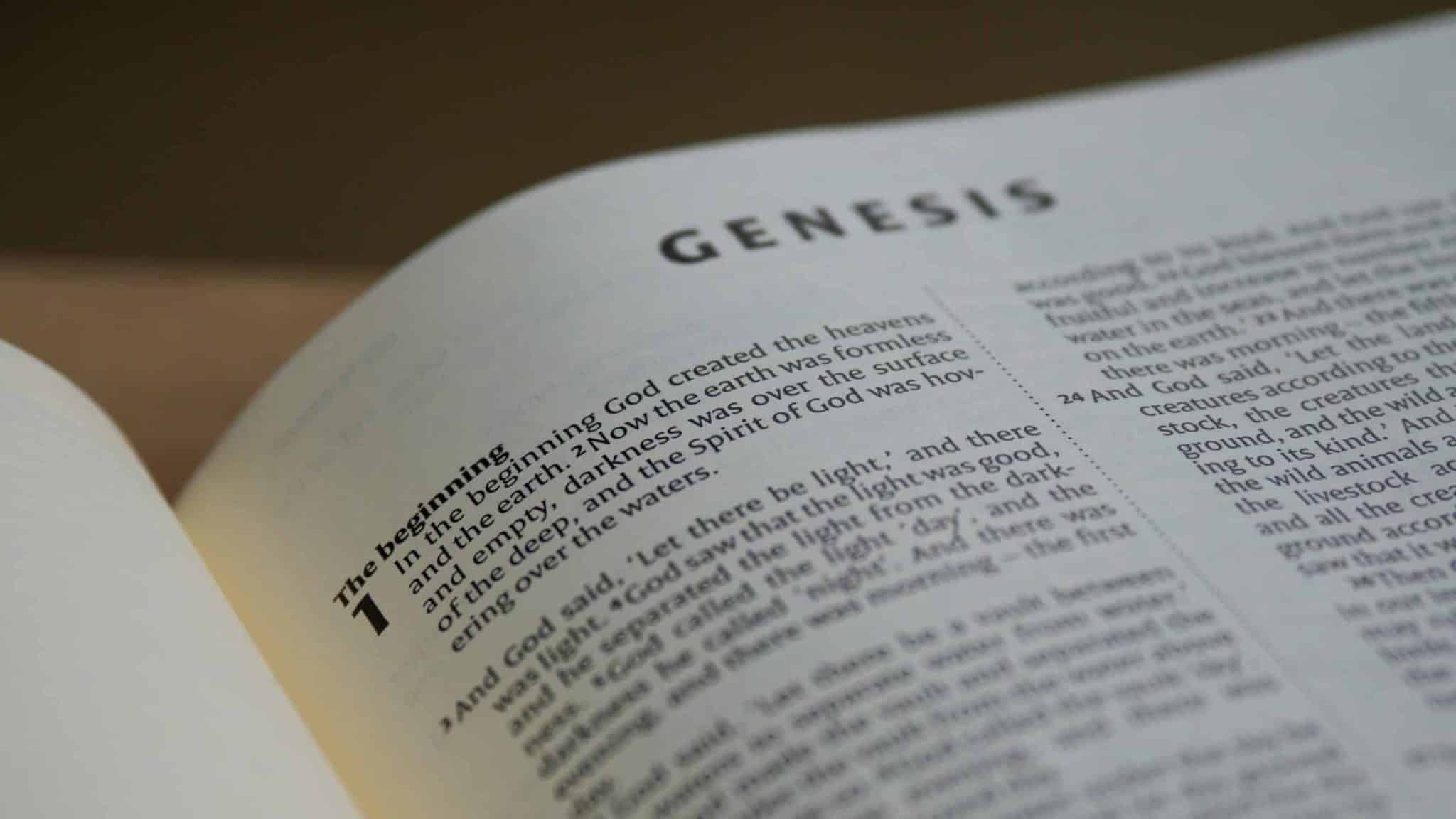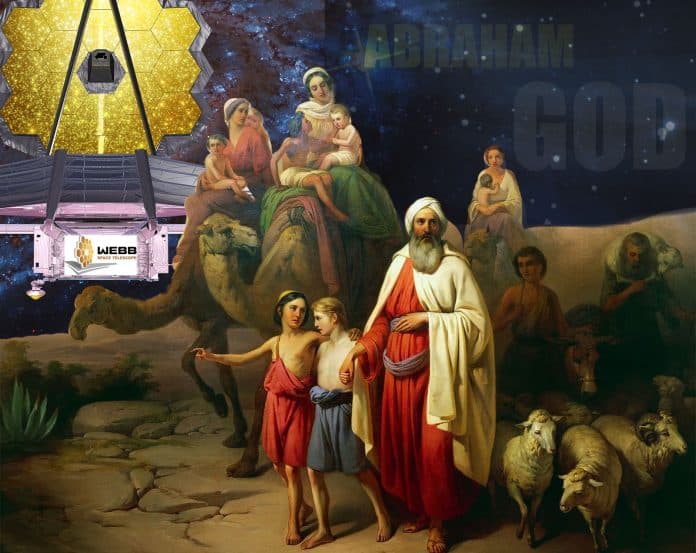by Mike Kay
Very few today spend any real time with the stars and the night sky. It is becoming increasingly common for mankind to never see the stars. What might be taken for a tragedy is hardly noticed. Few really care that the breadth of the cosmos, and the limits to their perception, are found in the night sky.
For the few who have not forgotten, completely, the dwelling place of the Light, there is the modern astronomical explanation for the stars, just mundane and unimaginative enough to squeeze all of the magic and mystery out of the hearts that once leaped at the night sky.
Despite this lifeless point of view, it is a fact that the ancestors spent much of their time under the stars. Even to a novice sky watcher, the stars reveal themselves as order arising from apparent chaos. The stars never fail, and they display teaching of true motion to all who care to be instructed.
Therefore, today the stars provide us with another paradigm, a metaphor describing the break-in understanding that afflicts modern mankind, the schism between the reality of the ancients, and the phantasie of modernity.
Modern man is severed from the stars, and thus is severed from the source of origin, Modern man does not know the relationship between the stars, nor can he sense the interplay between heaven and earth. Such sensibility only exists sparingly, nor is it common knowledge. Such is the gift of Abraham.
Abraham is, of course, the mythical ancestor of the Jews, and by association, to all three of the great religions in the Abrahamic corpus. According to his own story, he lead his people into turning their backs upon the movements of heaven and earth, rejecting the very relationships that gave their lives meaning, for the artificial liberation of the idea of God.
This idea of God has all the characteristics of a distillation of extant teachings, without any understanding of the ancient theology of the divine. Perhaps the greatest reason for the antipathy of the Abrahamic towards the practitioners of the ancient mystical tradition was that the Abrahamic always sought certainty in the world of things, and stubbornly refused to accept any other explanation besides that which supported their primitive idea of one creation, and one definition of that creation.
We continue to observe this process in action today, with the tyranny of the right answer in Abrahamic math, the concept of the correct solution to any dilemma, and the perspective that all things are exactly as the senses perceive them.

Anyone who searches the pages of antiquity will soon realize that this is a new worldview, one not shared in any endeavor other than its own. It certainly was not a Gnostic point of view. Jean Gebser, in his study of consciousness, illustrated that consciousness over time moved to differentiation. In the Abrahamic schism away from relationship and connection, differentiation became the ruling condition of all of the big three religions, and it remains so today.
This differentiation magnifies characteristics and appearances into primary definitions of reality. We see this most strongly in the speech and thought of today’s world, which is by any measure an Abrahamic one. Such a worldview focuses on differences and uniqueness, creating an active disassociation between whatever is perceived, and the environment from which it arises.
Thus, the idea of God popularized by Abraham creates an artificial divide between God and the universe, God and man. It becomes an absurdity to see in mankind any possibility to know the divine. This artificial divide has driven deep into the psyche of mankind, spawning an entire theology of alienation, abandonment, and materialism.
The genius of Abe was to promise emancipation from the unstoppable motion of the cosmos. The philosophy of Abe freezes all of existence into a permanent, unchanging stasis, where what is defined is all there is, all there ever can be. Thus, whatever appears has total ascendancy over the underlying flow.

The progeny of ol’ Abe is just as they seek to be, like children blowing bubbles in the park. They delight in the effect of glycerin and breath, watching the fruit of their efforts float upon the breeze. They know nothing of the process that makes the phenomenon possible, nor do they care. For children, success or failure is utterly determined by the result. No other measure is available, or even possible.
Abe brought forth a consciousness that praised surfaces alone. His dream was that truth was in the object, not the cause, and that the object was eternal. This was a reversal of ancient mystical thought. It denies the silence of the Gnostic, the ether of the Philosopher, and the ascent of the Theurgist. In a bout of almost unimaginable ignorance, Abe took the wisdom of the ages and turned it into nonsense.

Word spread quickly concerning the Abrahamic schism, and the insanity it was bringing forth. Some chose the path of secrecy. They spoke not concerning what they knew. Such were the affairs of the mysteries. Others attempted to teach, and these were the great philosophers, mostly shunned today. Still, others attempted to show the truth, only to have their legacy looted and their ancestry reviled. These last were the Gnostics, and from the fires of book burnings, the death camps of Scythiopolis, and the buried remnant of ancient speech, their voices are still heard.
Some modern intellectuals claim that this journey into a differentiated consciousness was one mankind needed to take. In this claim, however, is no explanation for such a point of view. This then leads merely to excuses for the continuing damage done by the big three in this world. It is a dismissal of the fall into illness, a cheap justification for an endless array of dehumanizing, brutal, and senseless events.
The allure of the idea of God lies in the apparent freedom it brings. God, as an externalized concept requires no elucidation, no explanation. One is confronted with a simple on/off switch. On, the idea of God as something greater than everything, He simply is. Off, the idea still channels thought, organizes concepts and leaves one in the world of things to navigate. Again, this is a debased concept from the native mystical tradition that was old before the idea of God ever took form.
God according to the idea made all of creation, with its own laws, and as such his laws compel obedience. Suddenly, Abe provides us the justification for the religious war, that the Abrahamic invented. The Witch trials, the deception and annihilation of the Templars, and the extermination of the Cathars, all are historic gems brought to the world by the so-called light of the idea of God.
The freedom from having to understand one’s relationship to a teeming cosmos on the move quickly transforms into a prison for the soul. God as the idea, separate and distinct from creation becomes the single most oppressive force in his universe. The schism of ol’ Abe allows for no healing through the rediscovery of creation. The schism only allows for an ever deeper immersion into the concept, and especially the emotion that surrounds and upholds the idea of God.
The upstart Abrahamic now seek to usurp the authority and truth of the ancient ways, by claiming that they were the first. Yet their most well-constructed efforts are mere debasements of beautiful truths that existed long before they ever pounded the Ankh into the cross. Their mangling of the ancient ways to fit into their perverse ideal, sacrifices the comprehension brought through the focus, discipline, and purification of that tradition, all for a dime-store novel level of ignorance that now proclaims itself as the first and only.
So it is that the Abrahamic and their dissociative idea of God solidified their rip-off of eternal truths welded into something they call Christian. Lacking understanding on any but the most puerile levels, the truths they stole became calcified irrational beliefs. Thus their idea of God cannot be good, for he created evil. So it is then that we come to the truth, that the theft of Jesus was never orchestrated to redeem mankind. Jesus was appropriated to salvage and redeem the idea of God itself.
The true Jesus arrives via a heavenly descent, to teach and to show those who would know the divine. His tradition, of bringing balance to the world, is far older than the figure himself, as we see for example in Osiris. However, the Abrahamic Jesus, while deriving from this tradition as yet another distillation, another errant Abrahamic appropriation functions not in the world of things, but in the direct mental imaging of this idea of God.
Jesus personalizes and softens the psychopathic actions of the Abrahamic god. Jesus restores a place for mankind in a world doomed by the creation of evil, and through his very existence affirms that the idea of God can still have some good in it. The question of evil has dogged the Abrahamic from the first day they split from the river of wisdom, to take their own faltering path in the world of things.

It is thoroughly Abrahamic, that the redeemer of an externalized idea of God must himself be external, separate. In truth, this heals and redeems nothing, simply affirming a worldview dominated by concepts, while achieving no return to the state it broke off from.
The idea of God arose from a fundamental reduction of an extant, expansive cosmos, to one which was designed for the small mind.
Thus the Abrahamic schism did have its antecedents, yet it stands alone as a movement of consciousness toward an ever-calcified object-oriented worldview. Augustine quipped that the religion he was shaping was superior to the ancient ways because it featured a man, and all men could identify with that. What he was claiming was that differentiation would be increasingly more popular than connexion, and in this, unfortunately, he was correct.
Today, this process of differentiation has become increasingly dysfunctional. The mania to create ever more categories, explained by nonsense, permanently removes mankind from reality and becomes ultimately self-destructive. This stands in polar opposition to the goals of Gnosticism, and the ancient mystical tradition in which it participates with. The essence of the Abrahamic is sorrow, a forced abnegation of that very self it upbraids. The success of Abe is the degree to which one can follow those ostensibly divine commandments. As such, this represents the real fall of mankind.
The essence of Gnosticism is far different. Mary Magdalene instructs the apostles to find their master in the Silence. She shows that awareness of the vast reaches of consciousness is where the ultimate has always dwelled. The healing is with the melting of all the distinctions, fears, and lies that cloud the psyche. Her words, even in fragments, show the way to knowledge, in the arms of the starry night.
About Author: Mike Kay has always lived his life on the edge, without a safety net. He is not a traditionalist, although he values tradition. He is not a social maven, although he values a functioning society. In fact, anything you might think Mike is, he is not, thus he refers to himself as a nobody. His destiny has led him into the oddest of places, at the oddest of times. He is oft convinced that as in the Hymn of the Pearl, he is doomed to grope around in the dark, having forgotten who he is. His dream is remembered, and his writings are perhaps an ode to this process.
ATTENTION READERS
We See The World From All Sides and Want YOU To Be Fully InformedIn fact, intentional disinformation is a disgraceful scourge in media today. So to assuage any possible errant incorrect information posted herein, we strongly encourage you to seek corroboration from other non-VT sources before forming an educated opinion.
About VT - Policies & Disclosures - Comment Policy




